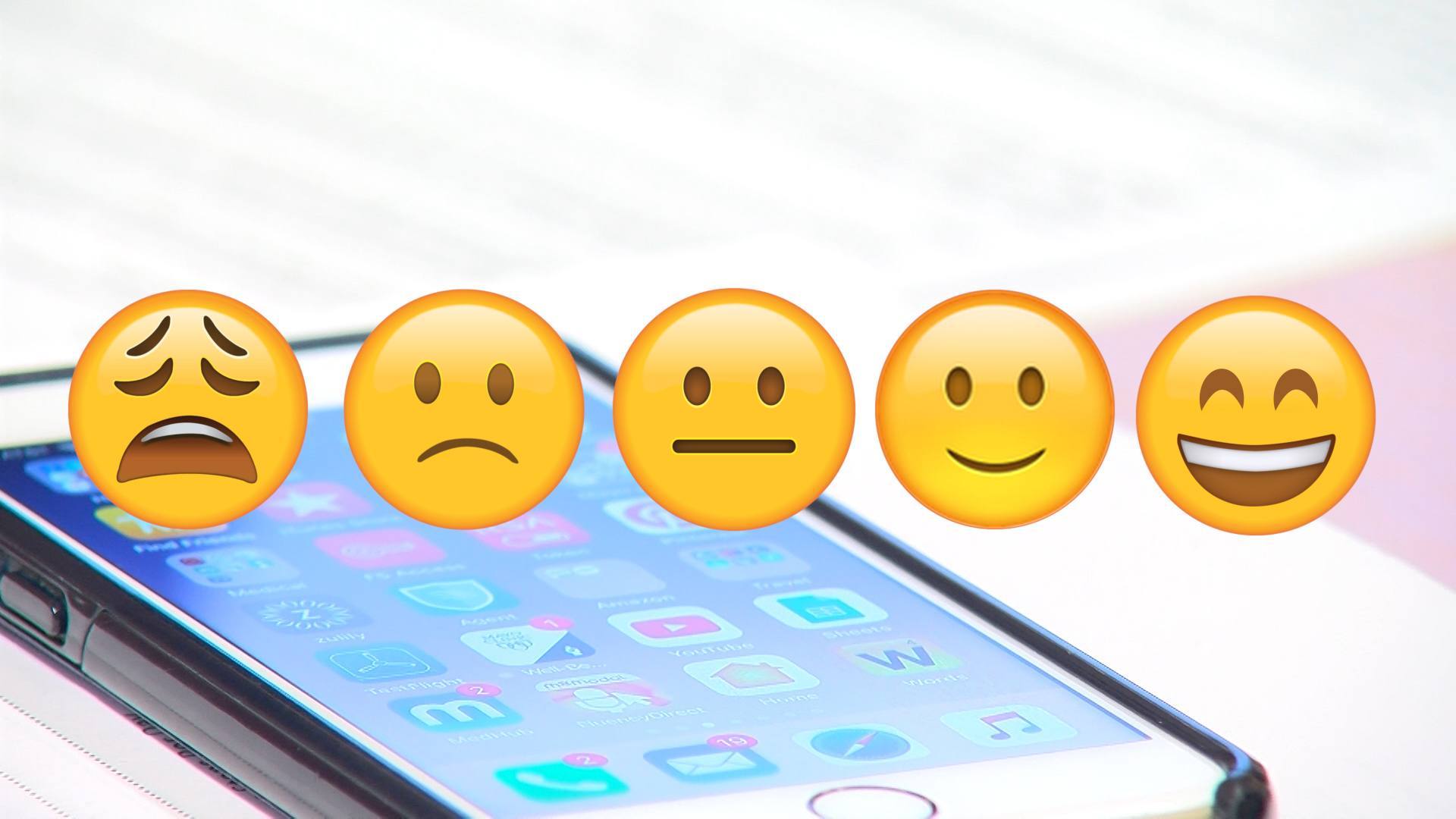-
Cancer
Helping Others Heal: Monitoring cancer patients’ health through emojis
 Life is complicated and a cancer diagnosis certainly compounds that complication. So, when physicians find ways to help ease the complexities of a patient's treatment, it's a win.
Life is complicated and a cancer diagnosis certainly compounds that complication. So, when physicians find ways to help ease the complexities of a patient's treatment, it's a win.
Mayo Clinic researchers recently used emoji to help patients measure their overall well-being during treatment. The study used two scales — a mood scale and an ordinal scale — featuring a total of 10 different emoji. The emoji expressions, ranging from smiling faces to large frowns, help patients express their current mood.
"Medicine has gotten so complicated," says Dr. Carrie A. Thompson, a hematologist and the study's lead author. "So to have something simple that breaks down the barriers of communication, health literacy, language — we all know emoji. We all know what emotions various faces reflect."
The research to determine how a patient was managing treatment through the use of emoji included ways doctors could track patients' progress using apps on phones or watches. While further research is needed to validate these findings, the possibility of using this technology to improve future patient care is promising.
"If we can demonstrate that simple emoji are valid and reliable measurements of patient well-being, it could transform the way patient wellbeing assessments are accomplished," says Dr. Thompson. Learn more about this study.
Journalists: Broadcast-quality video pkg (0:59) is in the downloads. Read the script.
"The scale works really well, and that's one of the things we wanted to determine was, is this a valid scale," says Dr. Thompson. "Is this something that is scientifically proven to say what we think patients are trying to say? And we found that it did, and it works very, very well."
Dr. Thompson says the research looked at how doctors could track their patients' progress using an Apple Watch and an app on their phones. Patients could rate how they were feeling using a scale of five universally recognized emojis.
"Medicine has gotten so complicated," she says. "So to have something that's simple that breaks down the barriers of communication, healthy literacy, language, financial status – we all know emojis. We all know what various faces mean."
Dr. Thompson hopes simpler communication with emojis will lead to better care of patients.
"Getting information in between appointments to accurately know how patients are doing is going to make a big difference," she says. "And, hopefully, then that will lead to providers providing better care."







